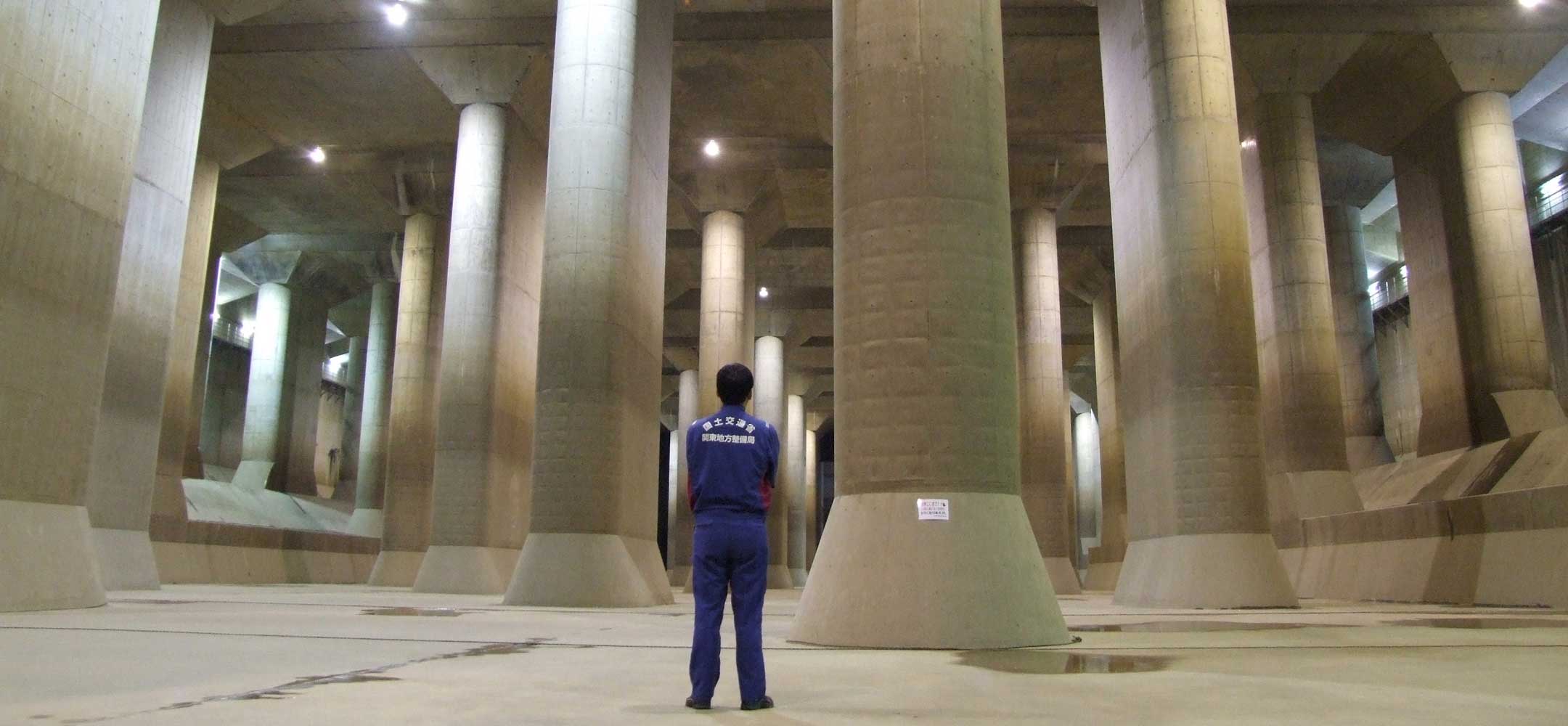After six years of delays, the U.S. Army Corps of Engineers is under new bipartisan pressure to complete the study of a massive underground tunnel system in Houston that could prevent catastrophic flooding like what happened during Hurricane Harvey.
U.S. Reps. Wesley Hunt and Lizzie Fletcher — once political rivals who ran against each other in 2020 — have joined forces and inserted language into pending federal legislation that demands the Army Corps speed up a long overdue review of the project and submit it to Congress by the end 2025.
“The Corps, basically, they’ve been dragging their feet a little bit on it,” Hunt, a Republican in his first term, said of what has been called the Buffalo Bayou and Tributaries Resiliency Study.
Hunt said he and Fletcher, a Democrat, have met with Army Corps officials and written numerous letters in support of the study but feel they need to push the bureaucracy more for the long-talked-about project that has broad community support.
In the past, Army Corps officials have raised concerns about the price tag, which could be as much as $12 billion, and have worried about the project’s effectiveness. In an earlier preliminary report released in 2020, they warned that the diverted water from a tunnel system would be potentially pushed to areas that are also already at flood stages.
The Army Corps has outlined other alternative projects to address flooding, like digging Buffalo Bayou wider and deeper or building a third dam and reservoir on the Katy Prairie.
But Hunt worries that those aren’t enough to protect one of the biggest and most important cities in America from another flooding catastrophe. He said the community wants a bolder project that will have a greater impact in protecting homes and businesses.
See here and here for my most recent posts on the topic of flood tunnels; there are more links in the second article if you want further reading. I don’t know if this is the best solution or not. It has promise, but I’m no expert. What I worry about is how long it takes for this stuff to get done. I get it; these are extremely complex situations, with all kinds of potential ramifications for large swaths of land and millions of people. You don’t want to rush these things. But at some point you need to make a choice and start building, because the flooding threat is not getting any smaller. We really don’t want to find ourselves after another massive storm saying “well, if we’d gotten that project done by now it really would have made a difference”. Let’s pick a lane and get moving.

